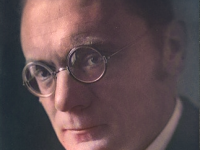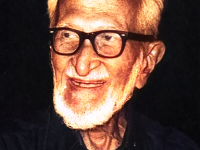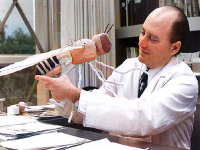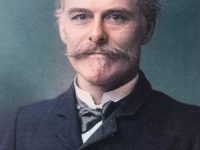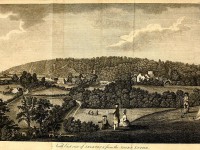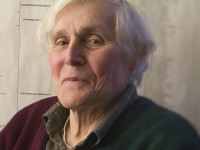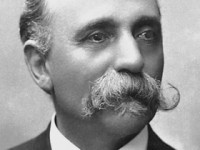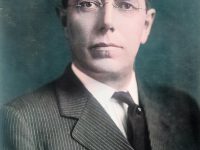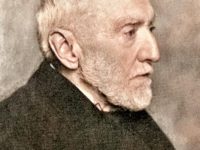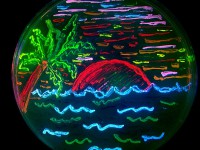Karl von Frisch and the Dancing Bees
On November 20, 1886, Austrian ethologist and Nobel Laureate Karl Ritter von Frisch was born. His work centered on investigations of the sensory perceptions of the honey bee and he was one of the first to translate the meaning of the waggle dance, which he described in his 1927 book “Aus dem Leben der Bienen” (The Dancing Bees). He received the Nobel Prize in Physiology or Medicine in 1973, along with Nikolaas Tinbergen [10] and…
Read more

